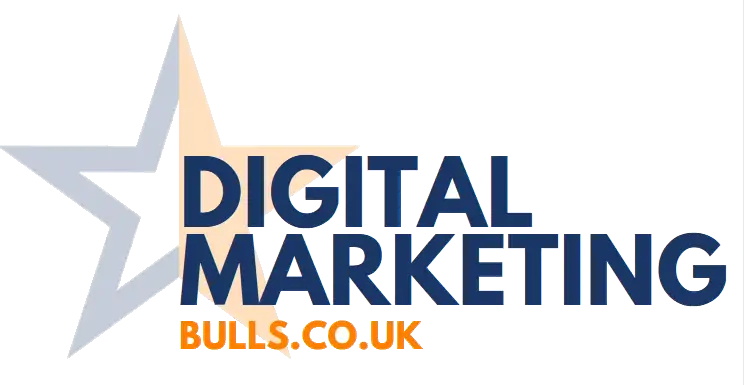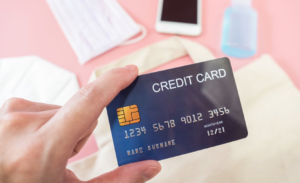In times of financial hurdles, you need a quick and effective solution to get back on track. Navigating your expenses takes a lot of work, particularly if you have to balance your family and professional life. Even with a detailed monthly strategy that’s supposed to put everything under control, it’s still possible to fall behind.
While borrowing is the obvious quick fix, people often hesitate between personal loans and credit cards. Though similar, they differ in how you access and spend your funds.
Loans are lump sum payments, while cards are all about revolving credit, where the lender sets a credit limit to which you’re allowed to spend. Both have repayment periods and interest rates (cards usually have higher interest than loans.) If you’re looking for flexibility and need to cover smaller purchases and expenses, it’s best to stick with credit cards.
Basic Overview
People in the US have been using credit cards for more than half a century. The Diners Club card, introduced in 1950, is generally considered the first modern credit card, though the concept itself is much older than that.
We use credit cards daily to purchase goods and services, get advances, or transfer balances. These little pieces of plastic, convenient and easy to use, are more practical than cash. More and more people consider notes and coins obsolete, preferring to pay digitally whenever possible.
Of course, you must first be eligible to qualify for a credit card. Lenders use standard procedures before they approve any credit, like checking your credit history, score, and income. Based on this data, they decide whether you meet all criteria for getting a credit card. First, you must fill out an application issued by the bank or the credit union of your choice. Some lenders are more lenient than others regarding credit history, but the higher your score, the faster get approved.
If the lender asks you to pay a deposit upfront, you’re dealing with a secured credit card, where the deposit acts as collateral if you default. With unsecured cards, you don’t have to provide any collateral, but banks are less tolerant if you have a poor credit history.
Credit vs. Debit – What’s the Difference?
For someone without experience with credit, debit and credit cards look much the same. However, they’re vastly different in how you use them.
Debit cards use the cash in your bank account for payments. In other words, each transaction deducts money from your account, so that you can think of debit cards as digital cash. Now, you should be extra careful with your debit card, which can be easily lost or stolen. In such an event, it’s essential to report it immediately and avoid getting penalized.
On the other hand, a credit card is just what the name suggests – a card that allows you to pay on credit, where the payment is postponed for a future date. If you have a certain amount due on your credit card, that’s called an unpaid balance, and you’ll be charged interest accordingly. Generally, credit cards have a higher interest than personal loans because they pose a bigger risk to the lender.
What Are the Advantages?
When talking about credit card benefits, the first thing that comes to mind is safety. Even if you’re card is lost or stolen, you should report the event at the bank and have it canceled. What’s important is to react as soon as possible and avoid fraudulent activity. Cash is much less practical in this regard. If your wallet disappears, you can only hope it will end up in the hands of an honest finder.
While on the subject of practicality, cards are unmatched. They occupy virtually no space and are so easy to carry around. Notes and coins can be bulky and cumbersome, and you always have to monitor your cash closely to make sure it’s all there.
Besides, people still try to counterfeit paper money from time to time, so don’t be too surprised if you come across a fake note. While credit cards are much safer, they aren’t impervious to hacking, and you should contact your issuer immediately if things get out of hand.
Not many people are familiar with Section 75 in the Consumer Credit Act from 1974. Namely, this little piece of legislation says that if your purchase goes wrong, the card issuer has equal responsibility as your provider. Let’s assume you’ve already paid for installing a new roof using your card.
However, if the roofing company cannot provide the service, your card issuer will bear the costs under the law. Or, if you make a chargeback claim, the card company can claim your funds back from the provider.
A Few Drawbacks
Unless you’re responsible for your regular payments, you can easily decrease your credit rating. And a low rating can make you ineligible for credit in the future. Allowing debts to accrue over time will also result in a bad rating. It’s easy to lose track of your finances if you don’t pay attention to your credit card activities.
Besides low credit scores, missed payments can lead to higher interest rates if your lender decides to take that measure. That’s because when a credit card user doesn’t comply with the terms and regulations, the lender needs to impose some penalty. And in our case, that usually means high interest. This can quickly turn into a spiraling debt which, as you surely know, is never a fun experience.
Also, credit cards might carry some extra fees which debit cards don’t usually have. For instance, if you make an overseas purchase or withdraw money from an ATM, the card company could charge you. Before applying for a credit card, always make sure you know all fees upfront, no matter how small or insignificant they seem.
Avoiding Fraud
Credit cards can fall prey to scammers, and taking the right steps in such circumstances will protect your funds before it’s too late.
Apart from the obvious physical theft, a fraudster can call your card company and use your personal information to change details like your address or password. This criminal activity is also known as account takeover, and it can take a while before the card issuer notices the abuse. There are effective cybersecurity solutions that identify and block such threats before they happen.
Cybercriminals don’t need physical access to your card to inflict damage: they use methods like hacking, phishing, and data breaches, to obtain data. Once they get your security code and account number, these people can obtain control over your funds.
You can protect yourself from fraud in a few different ways. One approach is regularly checking your bank accounts, credit card statements, and credit reports. This way, you’ll be more likely to notice and prevent any suspicious activity. Also, you should always use a VPN or antivirus software when using public Wi-Fi networks. They protect you from potential malware, either from outside or accidentally downloaded.
Paying Off Balance
When making purchases with a credit card, it’s very important to keep them within your monthly budget. Also, always try to put your balance in order before you accumulate too much interest. Covering minimum monthly payments is all well and good, but it’s better to pay more if possible to avoid accrued interest. Building solid rapport with your card company in this way will help you apply for better borrowing conditions in the future.
Finally, stick to regular payments to avoid paying late fees to your company. This can happen even if you miss a payment for only a day or two. So if you want to get a consumer loan that is best i Norge, you should never fail to be responsible. It will make your credit rating look better and there won’t be any extra penalties.
Credit cards are great if you use them right. Too many people spiral into debt just because they don’t know the fundamentals of credit policy. For this reason, try to get more involved with your finances and be the master of your fate.

